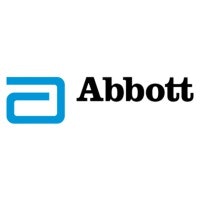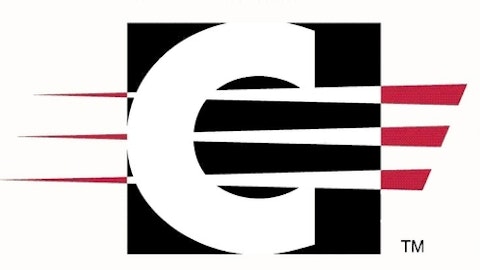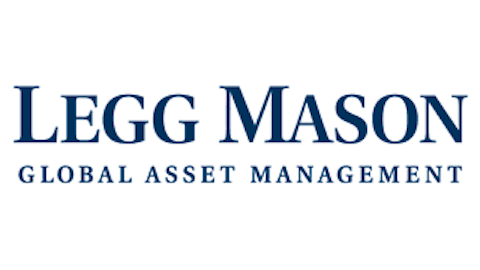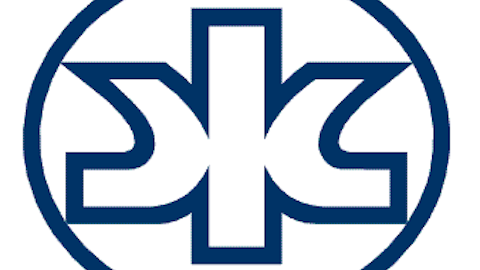Abbott Laboratories (NYSE:ABT) was in 50 hedge funds’ portfolio at the end of the fourth quarter of 2012. ABT shareholders have witnessed a decrease in enthusiasm from smart money of late. There were 54 hedge funds in our database with ABT holdings at the end of the previous quarter.
To most traders, hedge funds are seen as underperforming, outdated investment vehicles of yesteryear. While there are greater than 8000 funds in operation today, we at Insider Monkey choose to focus on the moguls of this group, close to 450 funds. It is estimated that this group controls the majority of all hedge funds’ total capital, and by paying attention to their highest performing picks, we have unsheathed a few investment strategies that have historically beaten the S&P 500 index. Our small-cap hedge fund strategy outperformed the S&P 500 index by 18 percentage points per annum for a decade in our back tests, and since we’ve began to sharing our picks with our subscribers at the end of August 2012, we have outclassed the S&P 500 index by 25 percentage points in 6.5 month (see the details here).

Keeping this in mind, we’re going to take a peek at the recent action encompassing Abbott Laboratories (NYSE:ABT).
Hedge fund activity in Abbott Laboratories (NYSE:ABT)
Heading into 2013, a total of 50 of the hedge funds we track were bullish in this stock, a change of -7% from one quarter earlier. With hedgies’ capital changing hands, there exists a few noteworthy hedge fund managers who were boosting their holdings significantly.
According to our comprehensive database, Mason Hawkins’s Southeastern Asset Management had the biggest position in Abbott Laboratories (NYSE:ABT), worth close to $456 million, comprising 2% of its total 13F portfolio. The second largest stake is held by Southeastern Asset Management, managed by Mason Hawkins, which held a $245 million position; the fund has 1.1% of its 13F portfolio invested in the stock (Hawkins’s 13F reported two seperate stakes in the company, which can be seen here). Remaining hedgies with similar optimism include Ric Dillon’s Diamond Hill Capital, Cliff Asness’s AQR Capital Management and Phill Gross and Robert Atchinson’s Adage Capital Management.
Due to the fact that Abbott Laboratories (NYSE:ABT) has experienced bearish sentiment from the aggregate hedge fund industry, it’s easy to see that there is a sect of hedge funds that elected to cut their entire stakes in Q4. It’s worth mentioning that Ricky Sandler’s Eminence Capital cut the largest position of all the hedgies we key on, valued at close to $81 million in stock.. Christopher MedlockáJames’s fund, Partner Fund Management, also sold off its stock, about $61 million worth. These moves are intriguing to say the least, as aggregate hedge fund interest was cut by 4 funds in Q4.
What do corporate executives and insiders think about Abbott Laboratories (NYSE:ABT)?
Insider purchases made by high-level executives is best served when the company we’re looking at has seen transactions within the past 180 days. Over the last six-month time period, Abbott Laboratories (NYSE:ABT) has experienced 1 unique insiders purchasing, and 12 insider sales (see the details of insider trades here).
With the returns shown by our tactics, retail investors should always watch hedge fund and insider trading sentiment, and Abbott Laboratories (NYSE:ABT) is no exception.
Click here to learn more about Insider Monkey’s Hedge Fund Newsletter
Insider Monkey’s small-cap strategy returned 29.2% between September 2012 and February 2013 versus 8.7% for the S&P 500 index. Try it now by clicking the link above.




